At the recent World Humanitarian Summit in Istanbul, more than 9,000 participants made a three-fold commitment to people in crisis all over the world. We pledged to improve our response to people caught up in natural disasters and conflicts; to empower them as the agents of their own recovery; and to summon greater political will to prevent and end the wars which are causing so much suffering.
The challenge we face is unprecedented. Around the world, 130 million people need humanitarian aid. More than 60 million people have been forcibly displaced from their homes. Despite their precarious conditions, there is a severe lack of funding to assist them – raising basic questions about global solidarity in a world of great wealth.
The massive extent of this challenge meant this had to be a different kind of summit. For the first time, people affected by crises worked alongside world leaders, heads of NGOs, civil society and the private sector to find solutions. This diversity of voices was an achievement in itself.
I met many people affected by crisis, and spoke with brave aid workers. People on the front lines, often in the poorest countries in the world, show enormous commitment to helping families and communities in crisis. The international community as a whole must do more.
My Agenda for Humanity, drawn up in advance of the summit, outlined five areas for collective action: preventing and ending conflict; respect for the rules of war; leaving no one behind; working differently to end needs; and investing in humanity. The summit recorded nearly 3,000 individual and collective commitments in support of these five core areas, including many from countries affected by crisis.
A “Grand Bargain” between 30 top donors and aid agencies should reduce management costs, provide more flexible funding and give affected people a bigger voice in the decisions that will shape their lives.
The Vulnerable 20 Group of Finance Ministers launched a Global Preparedness Partnership, which will help countries most at risk of crisis to prepare for future shocks.
Donors committed new funding to initiatives to protect women and girls from gender-based violence, and to ensure that millions of children in crisis can continue their education, addressing one of the most urgent priorities of refugees and displaced people around the world.
And the Summit won significant commitments to bridge the gap between humanitarian and development work; to create a new way of working together to reduce needs, manage risks and aim at common goals over longer timeframes.
Some 80% of humanitarian funding goes to manmade crises caused by conflict. So it was particularly significant that all the 173 Governments that were present committed to invest more in conflict prevention and peacebuilding, finding better solutions for refugees and internally displaced people, and pushing for practical measures to uphold the laws of war.
Now we must turn these commitments into action.
Later this year, I will report to the United Nations General Assembly and propose ways to take our commitments forward. The High-Level Meeting on large movements of Refugees and Migrants, to be held in New York on 19 September, will be a major opportunity to maintain momentum and build on the Summit’s achievements.
Civil society organisations were a dynamic presence in Istanbul, and I urge them to play an active role in monitoring States’ compliance with their commitments.
The World Humanitarian Summit was not an end point, but a turning point. The United Nations is committed to building on the momentum generated to work in partnership with world leaders, including those who could not be present, and with all stakeholders to support the most vulnerable people in our world.




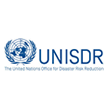



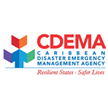

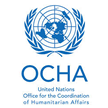

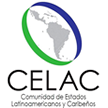
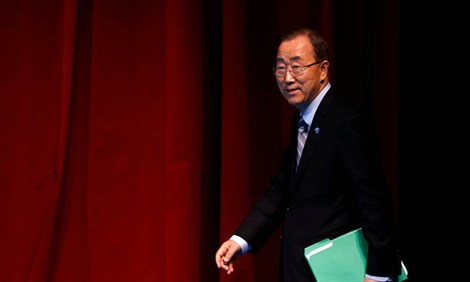 Ban Ki-moon at the closing news conference during the World Humanitarian Summit in Istanbul, Turkey. Photograph: Murad Sezer/Reuters.
Ban Ki-moon at the closing news conference during the World Humanitarian Summit in Istanbul, Turkey. Photograph: Murad Sezer/Reuters.


